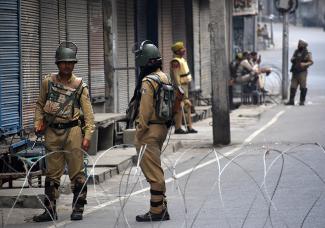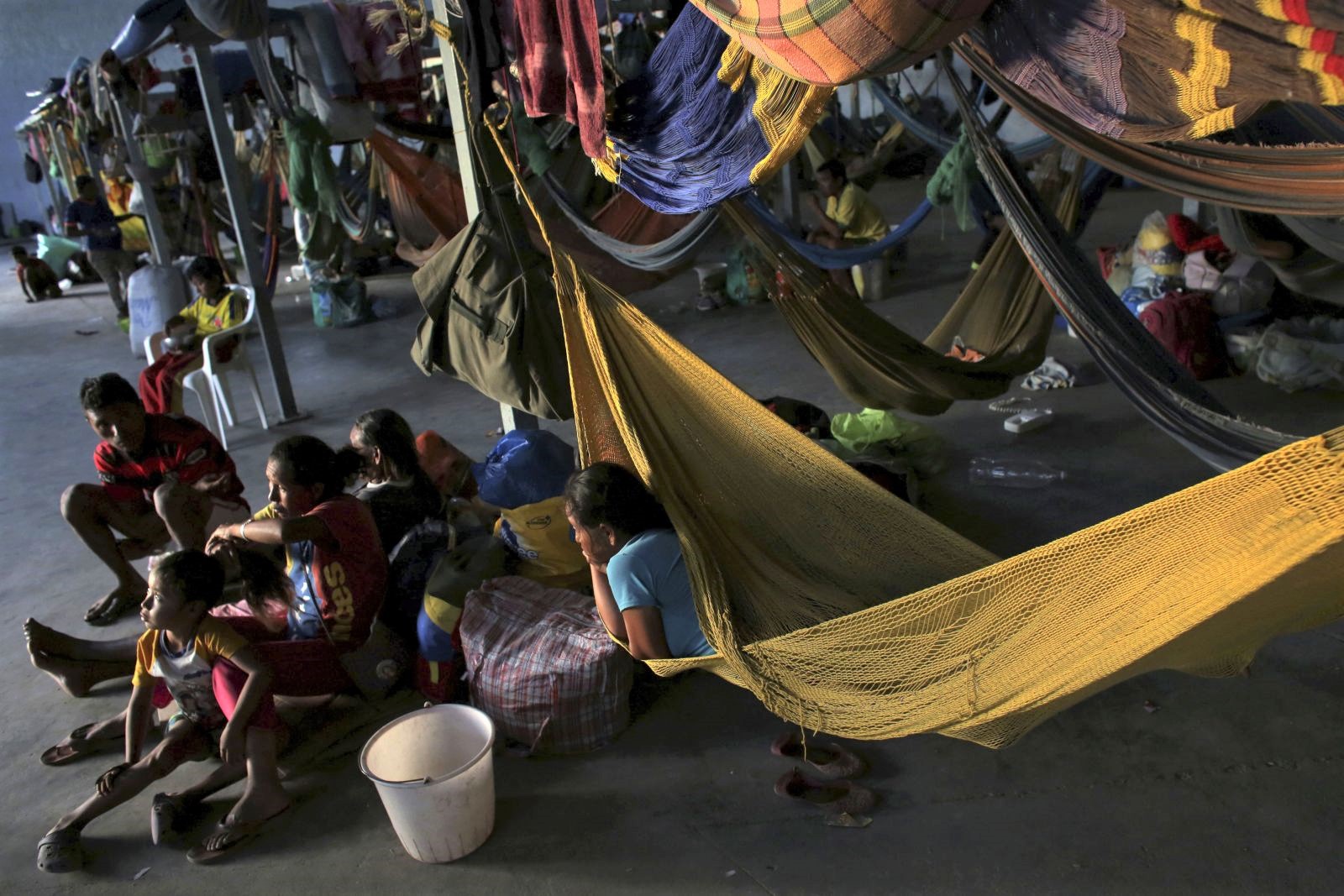Identity politics
Increasingly aggressive

India’s economy has been slowing down, so Modi’s reputation as a dynamic economic reformer is suffering. Promises of millions of new manufacturing or the eradication of corruption and black money have not come true. In view of mass frustration, Modi’s party, the BJP, is resorting to Islamophobia. That fits its ideology which demands that multicultural and highly diverse Indian become a Hindu nation.
The BJP has always been divisive, but since August, the government has been acting more aggressively than ever. Two border regions are affected in particular: Kashmir and Assam.
Kashmir used to be a state with special rights. Its population is predominantly Muslim. Land ownership in Kashmir was limited to Kashmiris, and the state government reflected regional priorities. Modi cancelled Kashmir’s special status and downgraded the state into a mere union territory subordinated to the national capital. Moreover, parts of the state were split off to create another union territory. The BJP-dominated parliament rubberstamped constitutional amendments, legalising the policy in formal terms.
Before that happened, masses of troops were sent into Kashmir. Hundreds of local policymakers are in detention and so are several thousand potential protesters. The internet and telecommunication are basically shut down, though some mobile-phone services resumed in mid-October.
With a history of unrest, Kashmir was already heavily militarised, but now it is effectively controlled by the military. Complicating matters, Pakistan has been claiming Kashmir since independence and controls large parts of the former kingdom of Kashmir. In spite of its Muslim majority, the Hindu monarch opted for India in 1947.
In Assam, the national government declared 1.9 million people to be illegal migrants. These people are now stateless. They lack the papers to prove that they and/or their parents are actually from India and not what is now Bangladesh, the predominantly Muslim neighbouring country, or some other place.
Anyone familiar with rural India knows that masses of poor people lack proper documentation, no matter who their ancestors were. Indeed, it has turned out that many of the 1.9 million people concerned are not Muslims, and BJP leaders fast stated that they have nothing to worry. That proved that Hindu-chauvinists are not interested in questions of citizenship, but intend to single out the minority.
What is happening in Kashmir and Assam is of great national relevance. The government is creating a “climate of fear”, as Indian novelist Amit Chaudhuri has pointed out in The Guardian. There are Muslim communities all over India, as well as communities of other religious minorities. They are exposed to the increasingly aggressive attitude of the BJP and the vast network of Hindu-supremacist organisations that endorse it. Everyone knows, moreover, that Modi did nothing to stop deadly anti-Muslim riots in Gujarat in 2002 when he was chief minister. Violence can escalate fast, spreading from one place to others.
In spite of its independence, the judiciary has disturbingly shied away from blocking government action that evidently flies in the face of the constitution. Independent-minded journalists are being trolled, while the mainstream media mostly endorse Modi (see my essay in Focus section of D+C/E+Z e-Paper 2018/05). In his book, “Malevolent republic”, the journlist K.S. Komireddi has done a good job of describing how Indian institutions are increasingly caving in to Modi (see Hans Dembowski’s review in Focus section of D+C/E+Z e-Paper 2019/10).
Modi is using religion as an instrument of identity politics. Traditions of tolerance and syncretism used to mark Indian culture, with Hindus worshipping at Sufi shrines, for example. These traditions are not dead, but Modi and his supporters are doing their best to make them obsolete. They show as little interest in the spiritual principles of love, compassion and non-violence as they display concern for constitutional principles.
Reference
Komireddi, K. S., 2019: Malevolent republic. A short history of the new India. London, Hurst / Delhi, Context.
Arfa Khanum Sherwani is senior editor with the independent news website TheWire.
Twitter: @khanumarfa
https://thewire.in/
(Last updated on 16 October - mobile-phone services have resumed after more than two months of shutdown)













